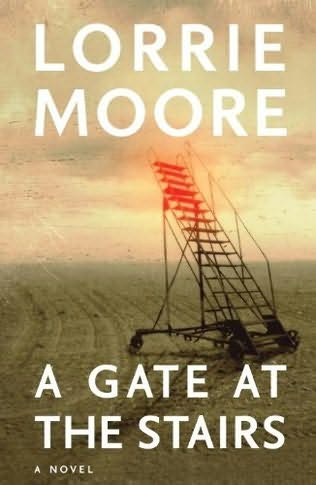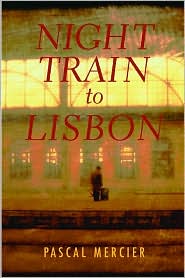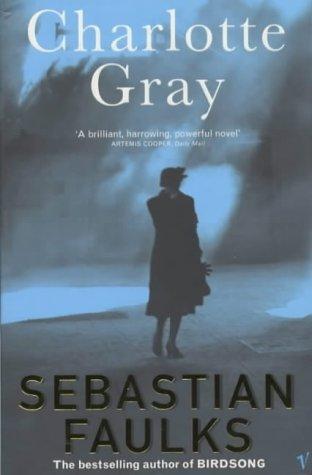 I wrote in my last post on Lorrie Moore's new novel, A Gate at the Stairs, about the desperate need of the characters to feel connected, to touch and be touched. As I continue to read, Moore has me notice all the ways that human beings undercut that ability - depersonalize the most intimate of transactions. Sarah and Edward, an intellectual yuppie couple, adopt Mary-Emma:
I wrote in my last post on Lorrie Moore's new novel, A Gate at the Stairs, about the desperate need of the characters to feel connected, to touch and be touched. As I continue to read, Moore has me notice all the ways that human beings undercut that ability - depersonalize the most intimate of transactions. Sarah and Edward, an intellectual yuppie couple, adopt Mary-Emma:"Here," Edward said, indicating, and they resumed their eading and signing. And then the strangest: they were writing checks, separate checks.What would Solomon the Wise say about that?
"Edward and I are splitting this down the middle," said Sarah. She was scribbling something on a scrap of paper, doing the arithmetic. "We like everything to be even between us." She pause, then murmured, "Though usually they're not even - just odd."
Equally limiting is how many of us isolate ourselves almost reflexively with judgment of others. Moore shows us that in the racism of the residents of Troy, the small town in which Sarah, Edward, Mary-Emma, and the book's narrator Tassie, live. Sarah and Edward are white and they adopt a child who is part African-American. This really raises the hackles of many of the town's people, who seem unable to fathom a racially mixed family. Moore's talent is to deliver this criticsm of our social poverty with humor. This book seems to be all about the push and pull of human connection. Every pull toward the love of others is met by a complementary push away. Sarah desperately wants a child, but hires Tassie even before the adoption to care for her. Even a simple interaction between mother and daughter - a trip to the children's library - is clouded by Sarah needing to bake the library books she borrows for Mary-Emma in the oven, to kill any bacteria that might lurk on their pages before she is willing for her to touch them! The ultimate in control for a reader - sterilizing ones books! But nature has an odd sense of humor. The flip side of trying to control all sources of infection with disinfecting sprays and hand- wash is that we render ourselves less able to tolerate the simple invasions of daily existence. Overuse of antibiotics in medical care and in our food supply has produced in us less ability to resist infection and may even be responsible for the onslought of allergies so many suffer. When we suffer a wounded heart from loss of someone we love we often behave in ways that close us down to others, limiting even more one of the chief sources of our ability to recover. That seems to be true on a national level as well - one big attack has made us hypervigilant of future invasions - and at the same time has limited our openness to and tolerance for others, the flexibility of our legal system. Are we perfect now? Are we impervious? Will we never hurt again? And are we better for it? Those are the qualities of our modern world that reading Moore's book evokes for me, but it does so with subtlety and humor. Its environment is local - a specific small town. Its narrative is a personal journey, and yet it seems to be about the whole world.





























